
Walk into almost any college classroom today, and you will find students taking notes on laptops and tablets. While these devices are smaller with more storage capacity than ever before and are generally faster in taking notes, research shows that handwritten notes are still better. So if you want to remember critical data that you have read or heard, then grab a pencil or an ink pen and some notebooks.
Forces Idea Summaries
While it is relatively easy to type most words that a teacher may say, most people cannot write as fast as they can type. Therefore, they must listen for the main ideas and write summaries of what the teacher is saying. This requires a person to process the information at a deeper level leading to a better level of retention.
Conceptual Application
Researchers have found that even when students with laptops were warned not to write things down verbatim, they did so anyway. College America says that writing your notes by hand is better than using a laptop because it forces users to draw their own hypotheses as they listen to the information. Therefore, those who used laptops performed worse as a group on test questions requiring students to draw conclusions from the information.
Fewer Distractions
Researchers believe that while students may doodle on the edge of their notes while listening, they actually stay more engaged with the material than those using electronic devices. On the other hand, it is far easier (and tempting) when using a laptop or tablet to tap over to your favorite social media or your favorite game. In fact, researchers found that students taking handwritten notes have better short-and-long-term recall of material.
Impacts Different Parts of the Brain
The researchers believe that information that is handwritten may be stored differently in the brain than that which is typed on a keyboard. The most substantial difference came when students were asked to recall information from a list, chart or a graph. Those who had hand-drawn the chart or graph remembered the info substantially better than those using an electronic device. Effectivology explains, “one experiment on word recall and recognition showed that people remember lists of vocabulary words better when they write them by hand compared to when they type them on a computer.” They believe that the difference comes from the different part of the brain required to visualize and draw the information.
If you want to raise your GPA or simply recall information better, research clearly shows that you need to put away the electronics. Instead, create handwritten notes that will help you recall the most important details. Then, show others who want to laugh at you for being old-fashioned the results when it comes time to take a test.


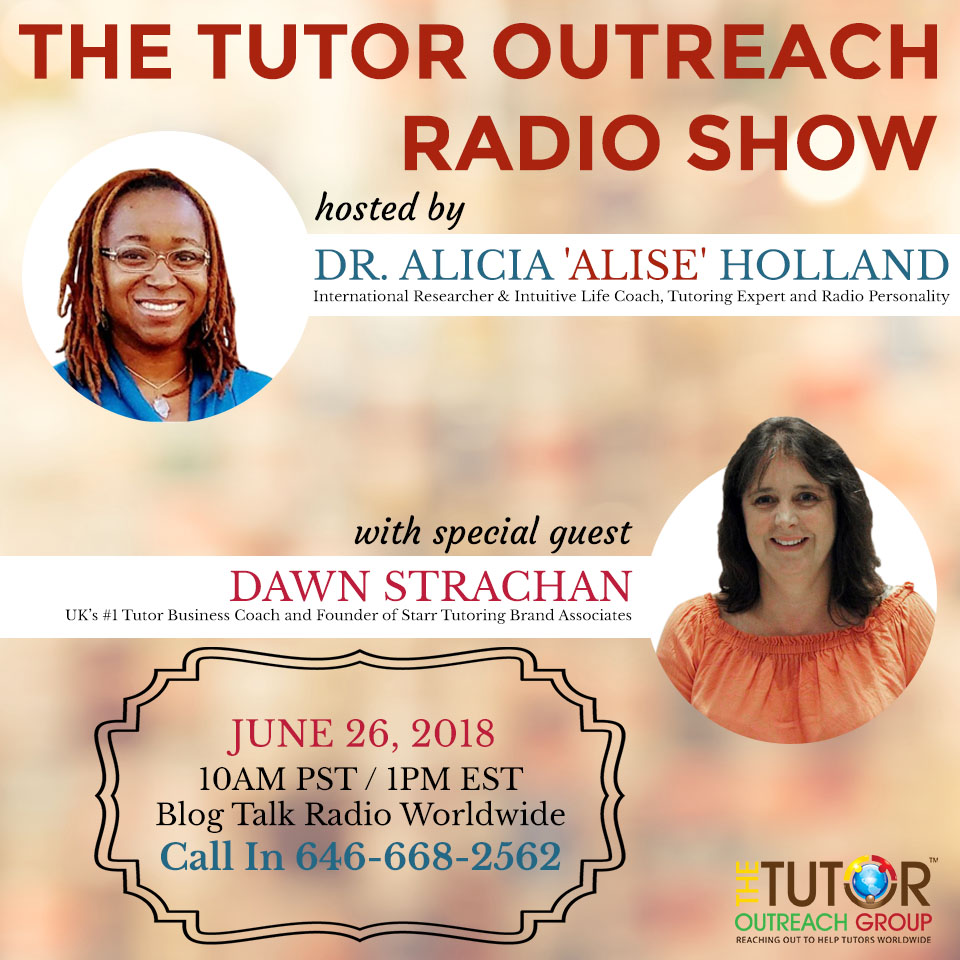
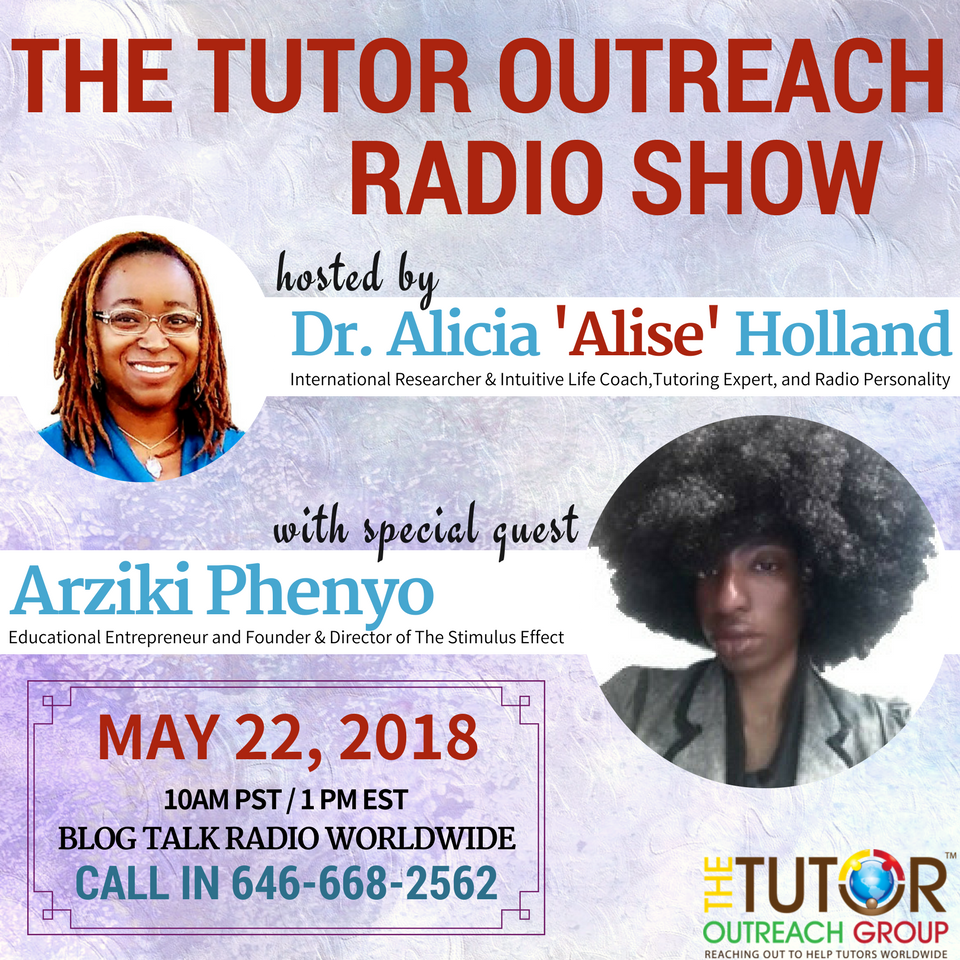
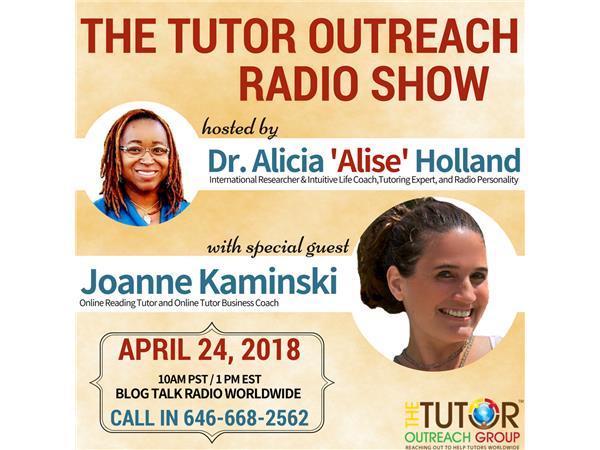
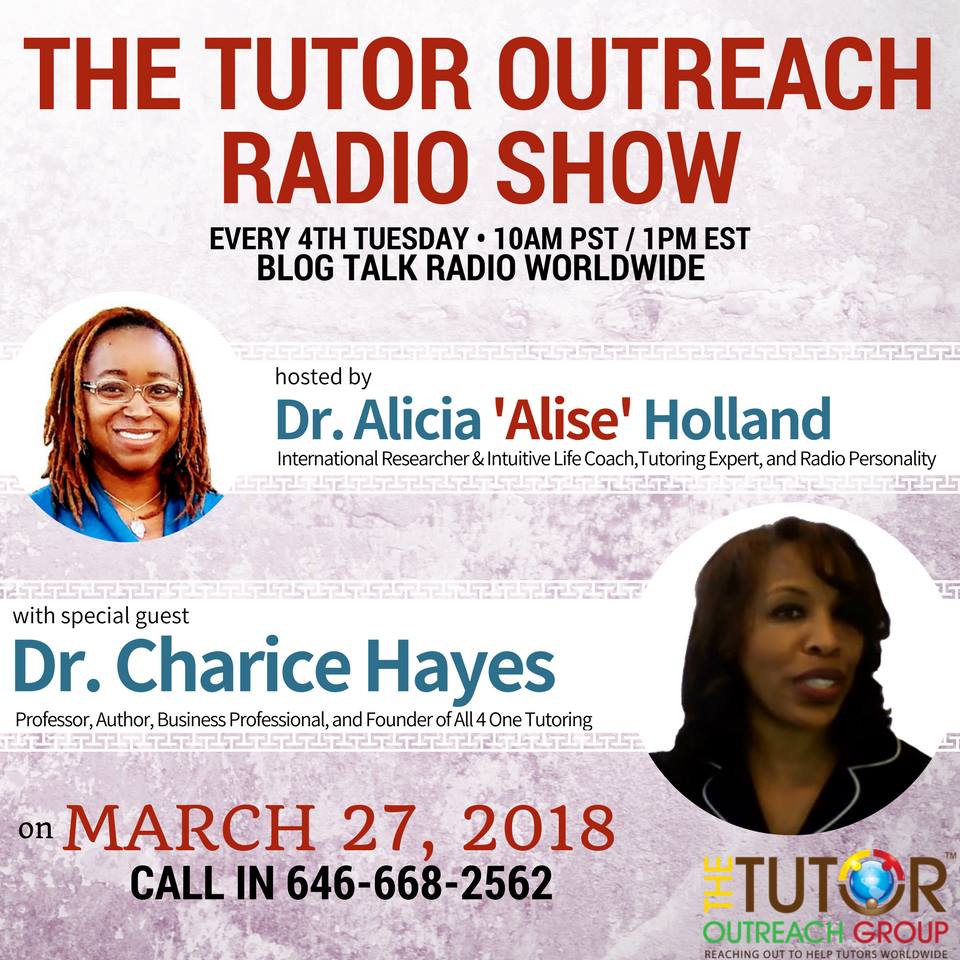
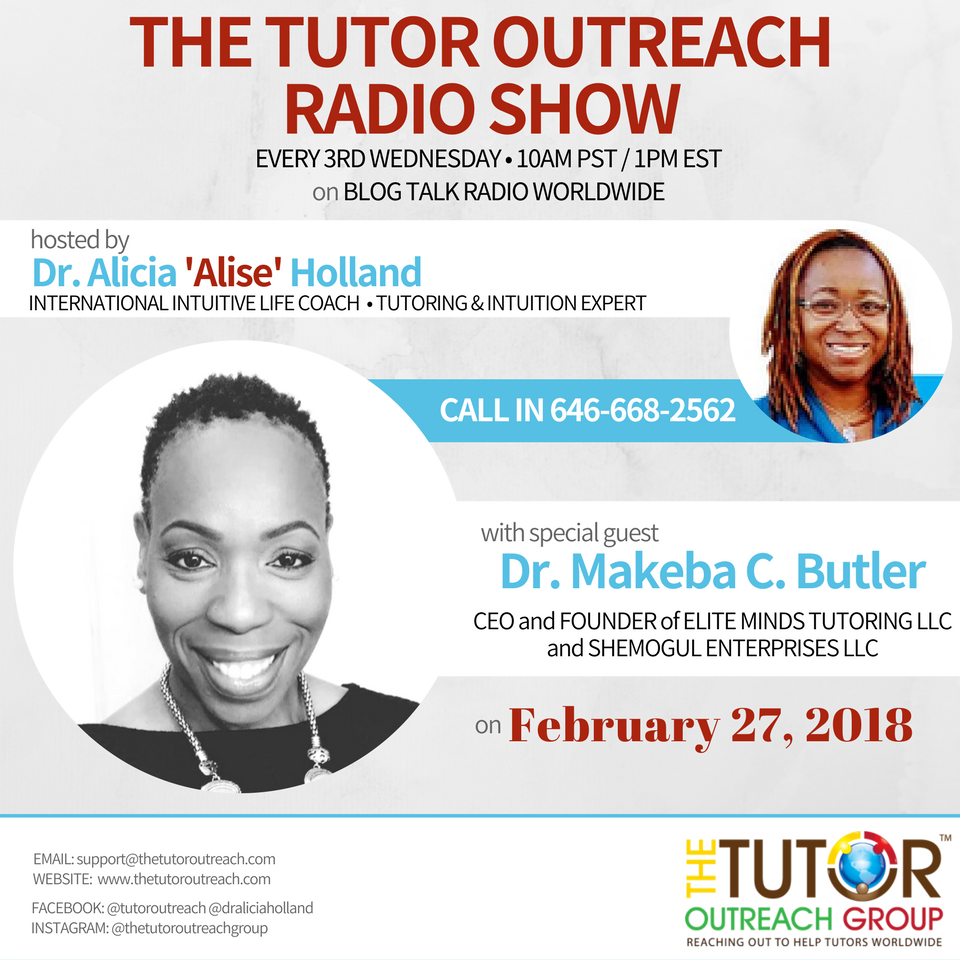
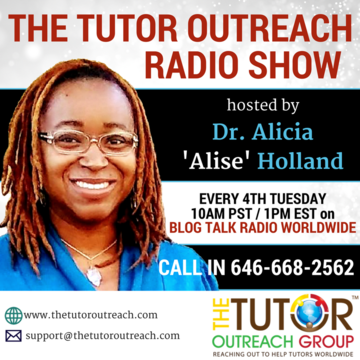


Recent Comments